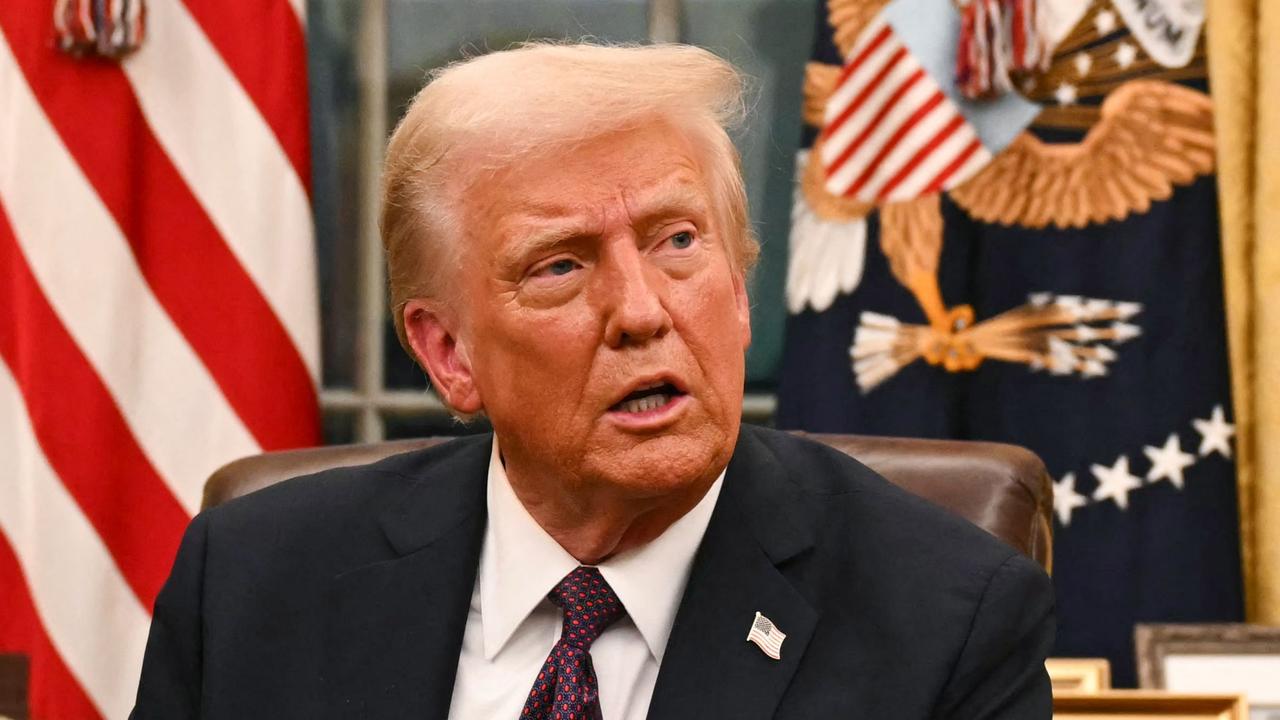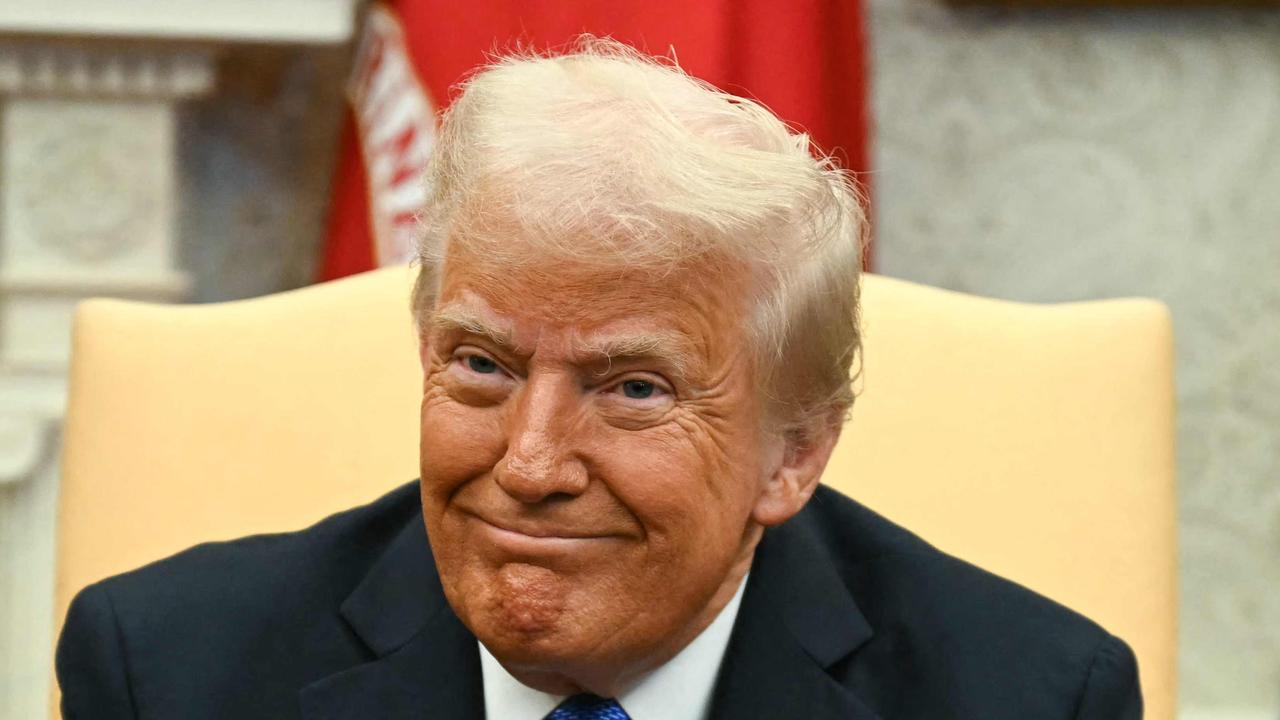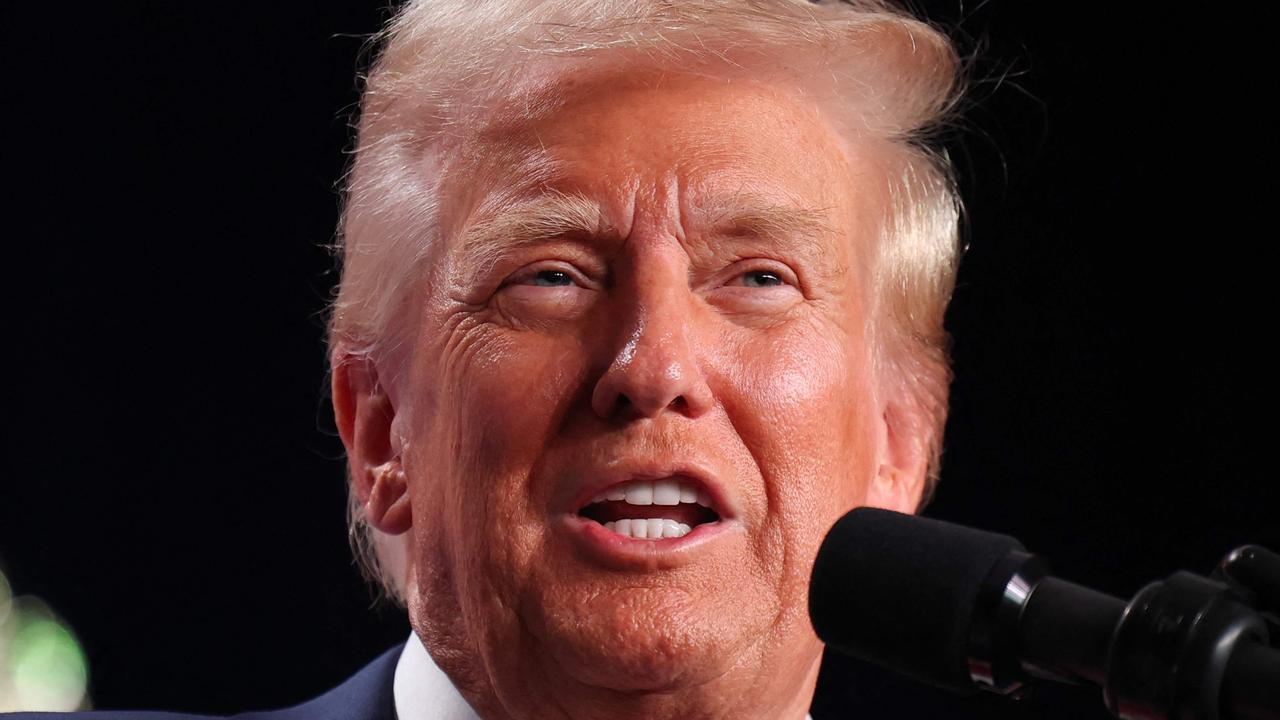Experts warn the world is on track for a new global financial crisis
WE’RE heading straight towards a financial collapse — and experts warn an “economic armageddon” is all but unavoidable.
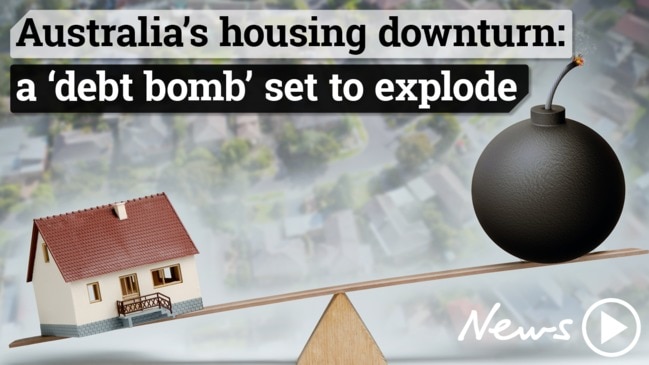
A SET of worrying conditions known as “doom loops” could soon trigger a fresh global financial crisis, a leading economist has warned.
Dr John Llewellyn, the former chief economist of failed US investment bank Lehman Brothers, made the alarming prediction during a private OECD event last month.
During the forum, Dr Llewellyn argued economic conditions which could spark a fresh crash were now “not only serious, but intensifying”.
• ‘How I made $25 million with one change’
• ‘Killing field’ house sells for $700k
• Homeowners make $85,000 mistake
A summary of comments made by Dr Llewellyn at the forum, which were published on financial website Money Show this month, revealed the current financial system was set up to encourage banks and financiers to take the very risks that could prompt a collapse.
“Markets run on greed. While greed cannot be eradicated, it can be discouraged. But few financiers have been fined, and almost none have been jailed. Incentives remain unduly skewed towards risk-taking,” the site quoted Dr Llewellyn as saying.
“Banks are now better capitalised, but still not sufficiently sound. Banks in Europe can still hold their own national sovereign debt without reserving any capital against it, sustaining the latent ‘doom loop’ between them and often barely-solvent sovereigns.
“Banks also still have too much latitude to use internal models to set their own risk-asset provisioning.”
In other words, nations are racking up debt — which banks may not be able to recover.
And according to Dr Llewellyn, a combination of greed, debt at an “all time high”, “irrational exuberance” and low interest rates were working together to push the world to the brink of financial crisis.
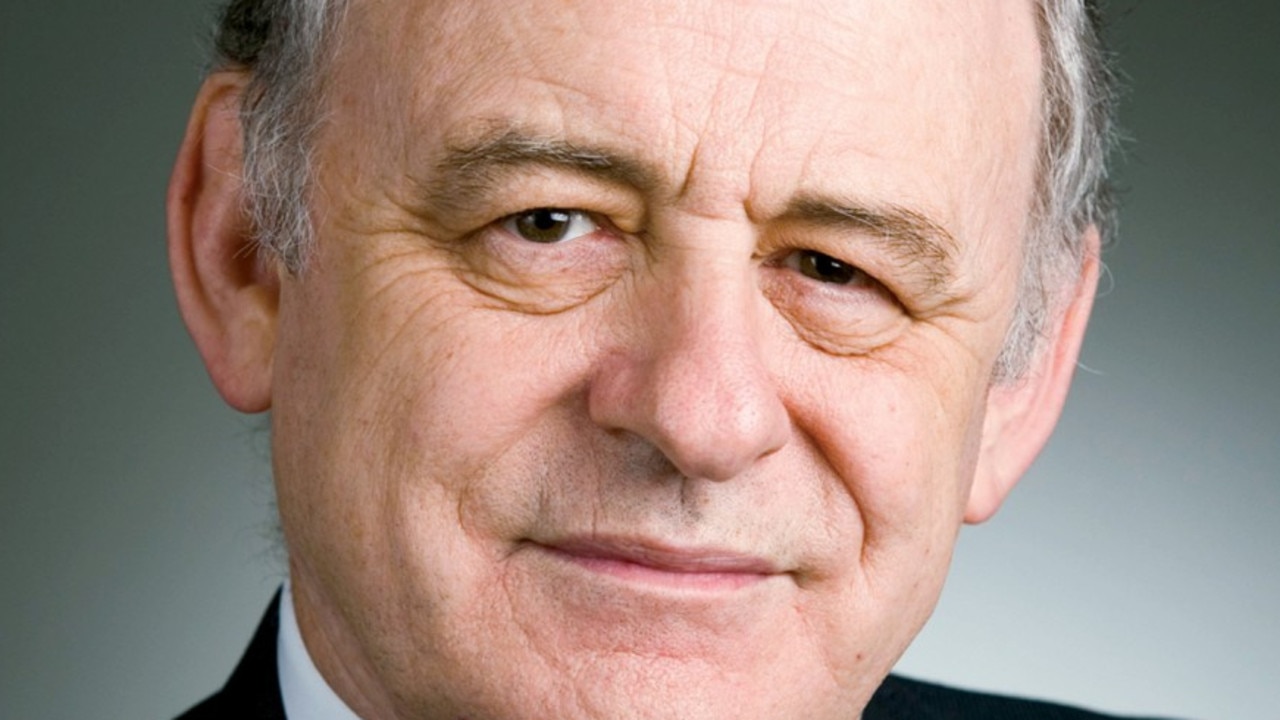
He said the US is “particularly at risk” due to its “complex and unwieldy” regulatory system, and that decision makers were failing to pick up the warning signs.
“There is scant evidence of policymakers being able to recognise the early symptoms, let alone respond,” he warned.
And worryingly, Dr Llewellyn is not alone in predicting a fresh crisis.
In February this year, US demographer and financial commentator Harry Dent, who accurately predicted the 2008 crash, warned the global economy was facing a downturn more severe than the Great Depression — and that Australian property prices could crash by up to 50 per cent as a result.
In April, billionaire Microsoft founder Bill Gates made headlines after claiming another global financial crisis was now “a certainty”.
And for several years now, Australian economist John Adams has warned of a looming global crash, based on record levels of public and private debt, ultra-low interest rates, excessive public spending and a massive housing bubble, among other indicators.
The former Coalition adviser told news.com.au “doom loops” was a new term for an “obvious economic problem” — and said Dr Llewellyn’s arguments were further proof of his own warning that Australia was headed towards an “economic armageddon”.
“Mr Llewellyn’s comments are just another international voice that justifies my warnings as early as 2016 that Australia is headed towards an economic armageddon, an extreme economic event that will devastate hundreds of thousands of Australian households,” he said.
“I remain as concerned as ever that Australian policymakers have not taken adequate steps to insulate the Australian economy from the coming crisis.
“The Morrison Government is failing in its job to protect everyday ordinary Australians from severe economic hardship.”
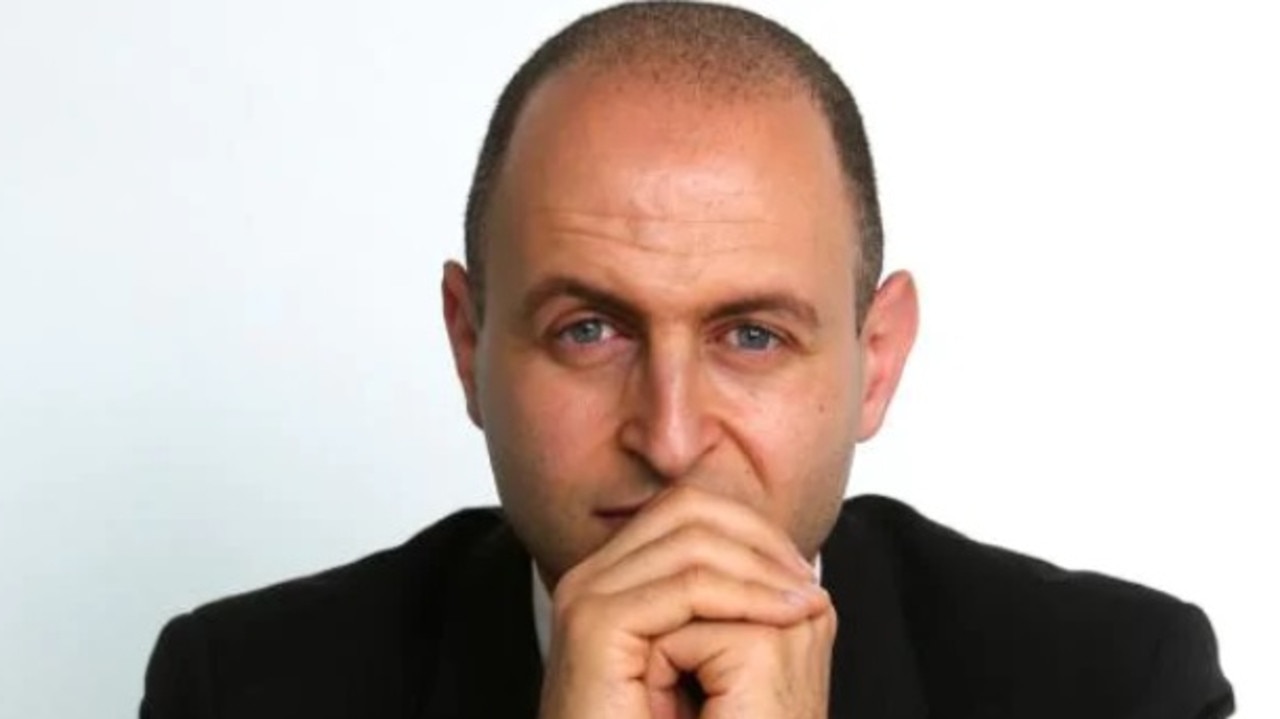
Mr Adams said the world was now “drenched in debt” and experiencing the “biggest financial bubble in world history”.
“As interest rates continue to go up around the world, there will be individuals and institutions who will end up defaulting because they can’t make interest and principal repayments,” he predicted.
“Once defaults occur, financial lenders to defaulting individuals and institutions will suffer losses that will destabilise the governments that are supporting them through direct lines of funding and financial guarantees.
“Once heavily indebted governments, such as Italy, become financially shaky, this will trigger panic in the financial markets resulting in confidence collapsing. This in turn will spread and cause the holders of government bonds to suffer massive capital losses on government bonds as bond prices fall making the holders of government debt shaky themselves.”
He said the cycle would continue until a major government or systemically important financial institution defaults.
“At this point, we then have a full-blown global financial crisis,” Mr Adams said.

